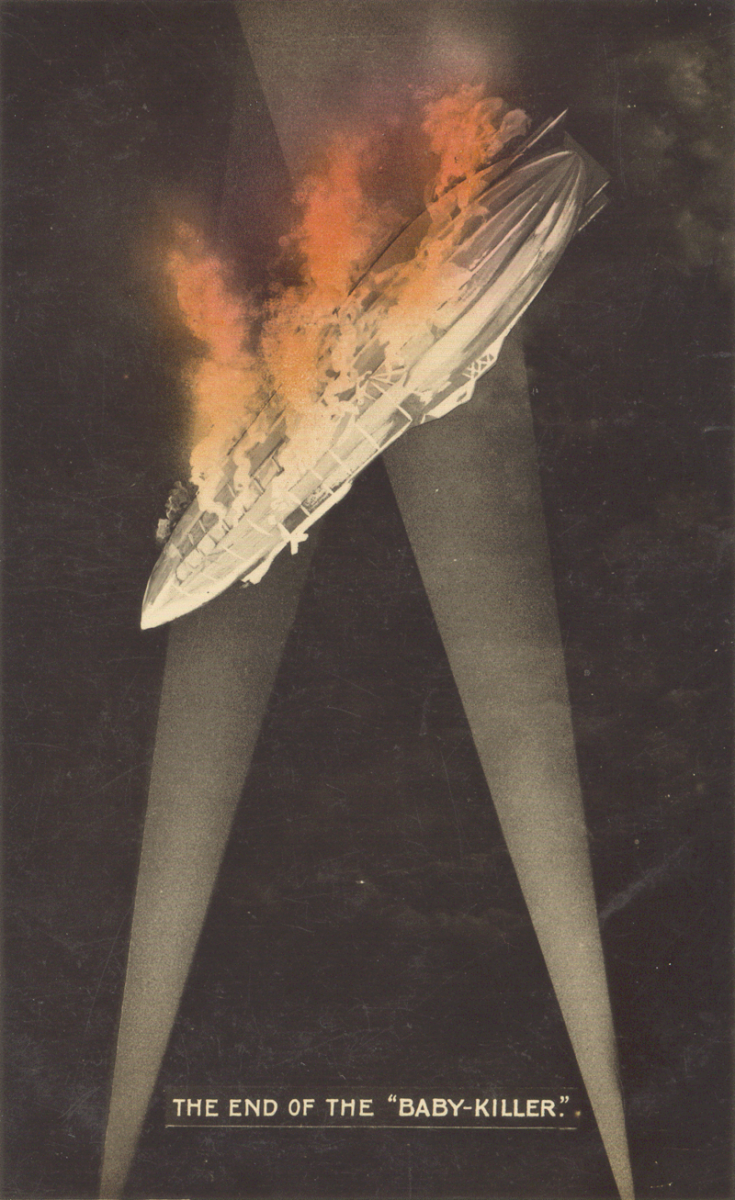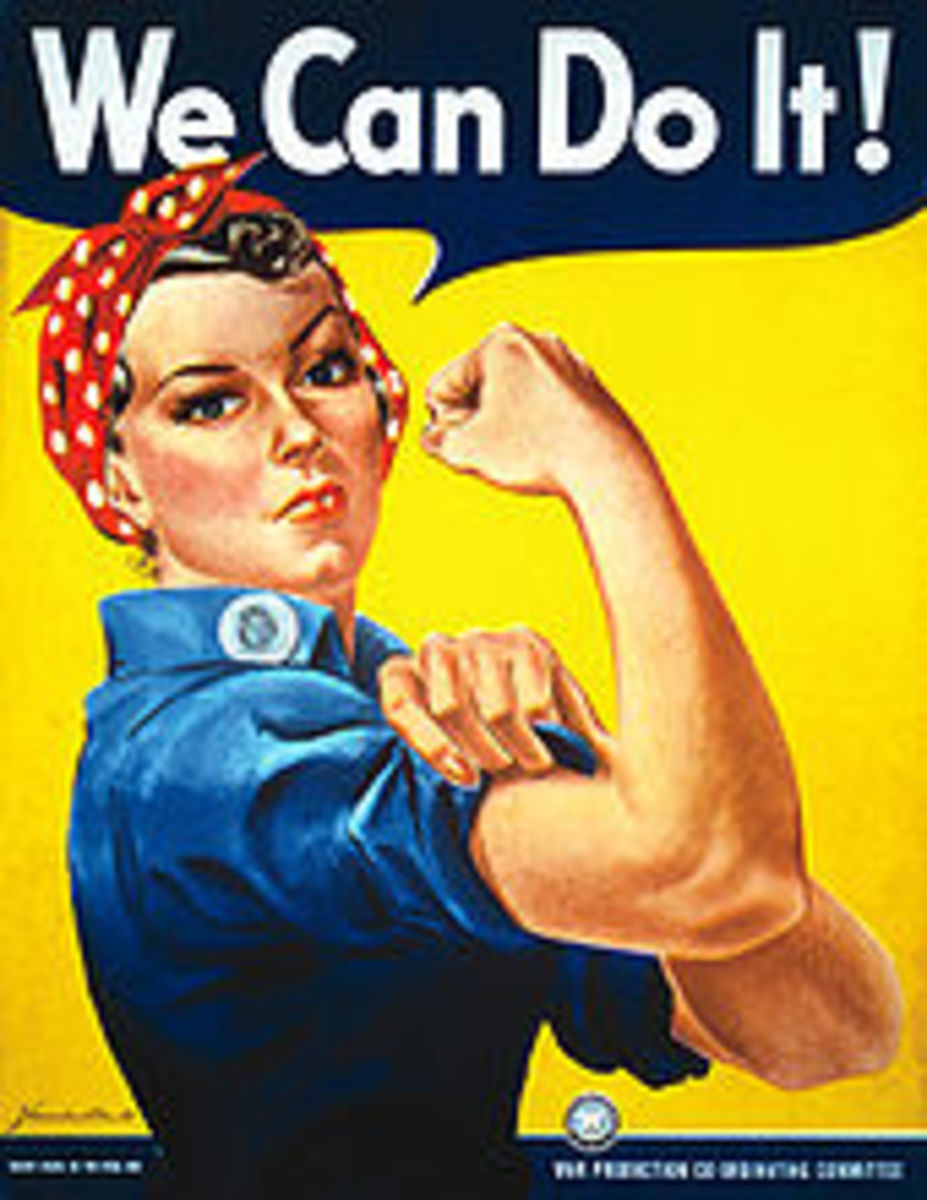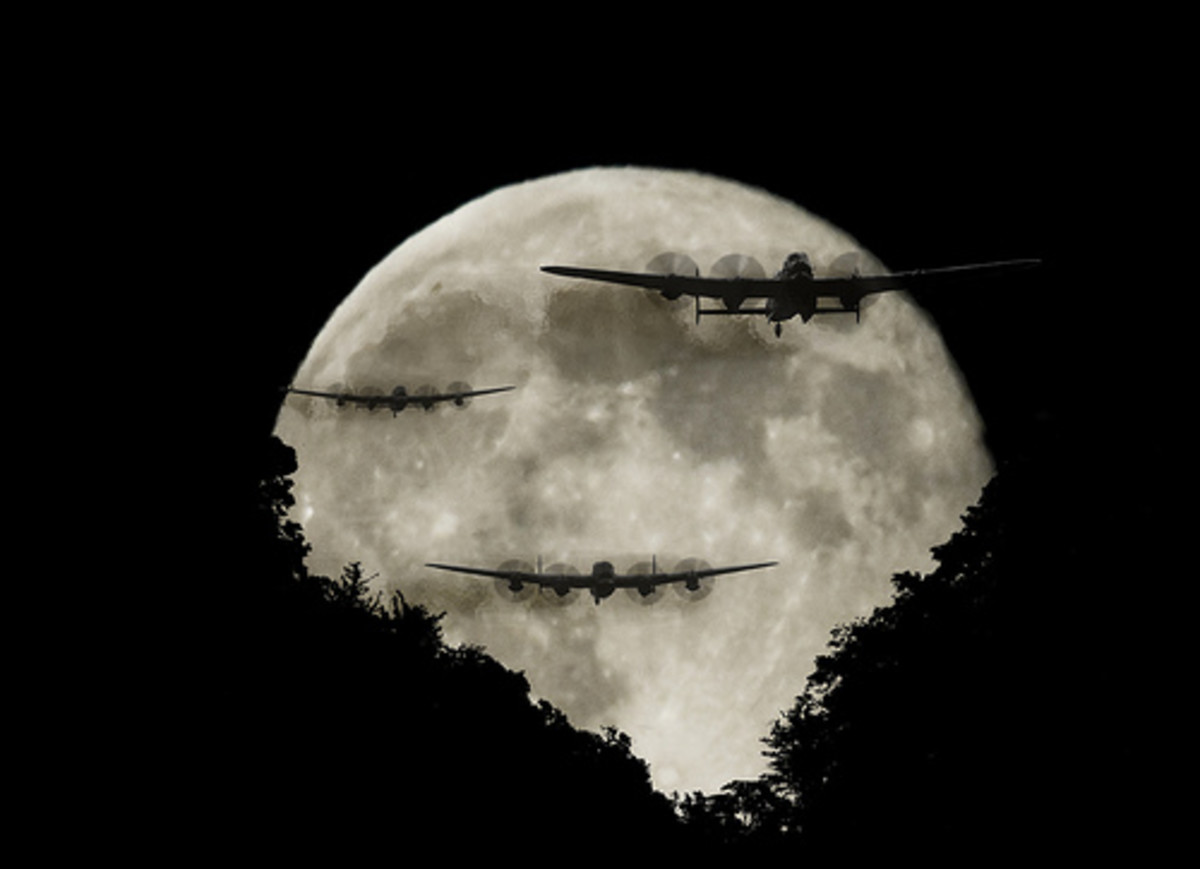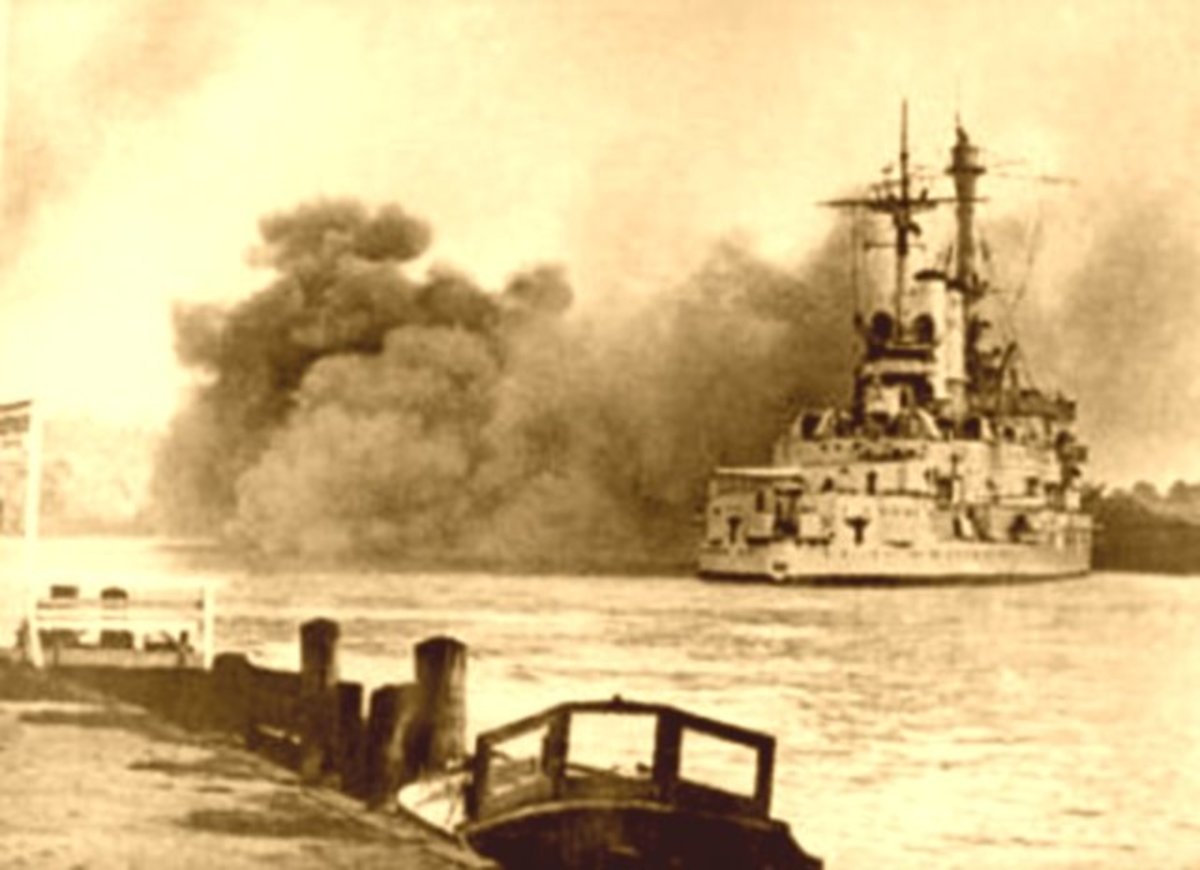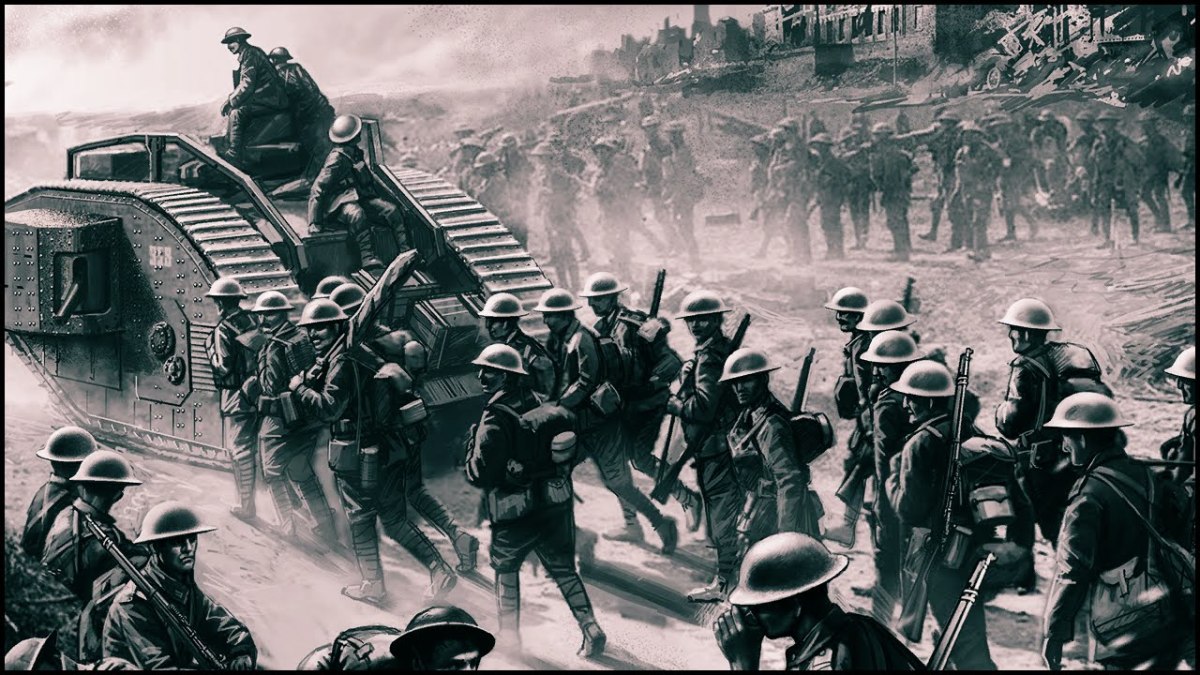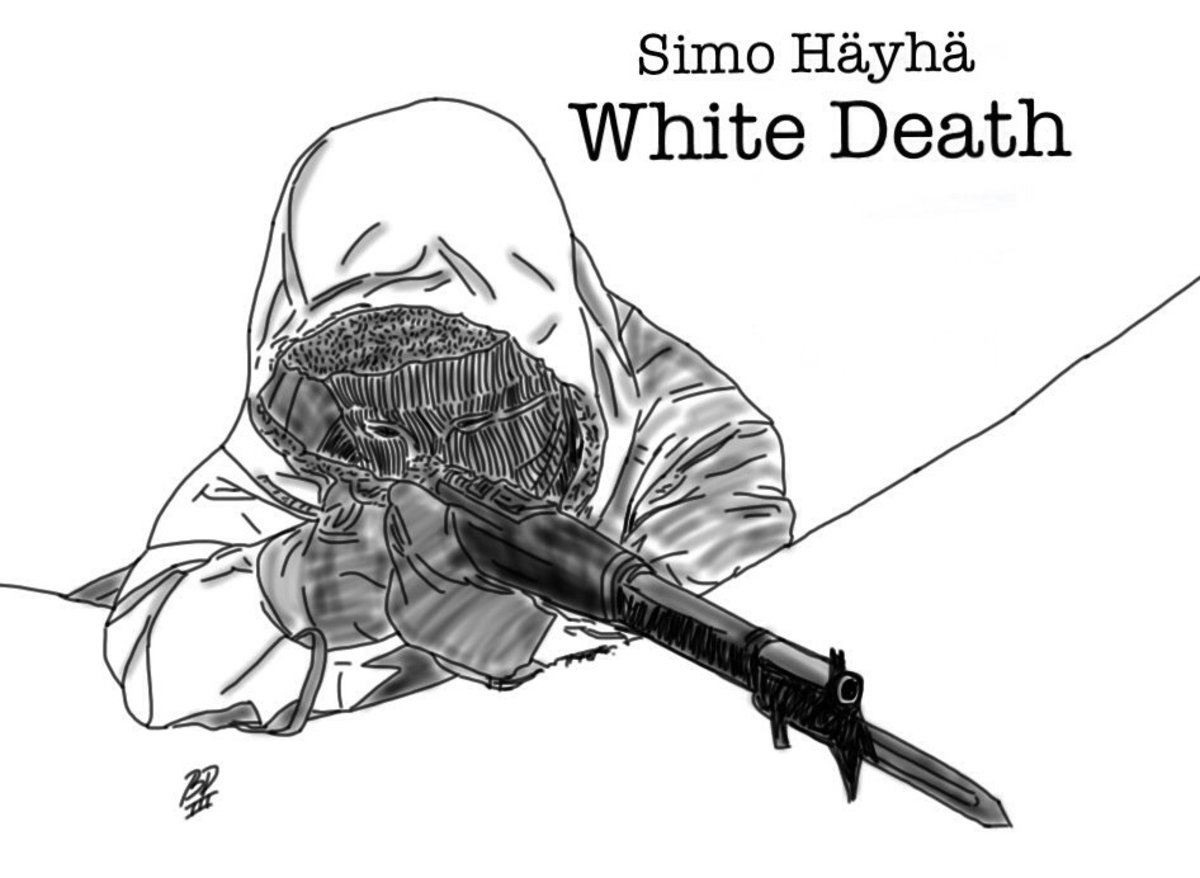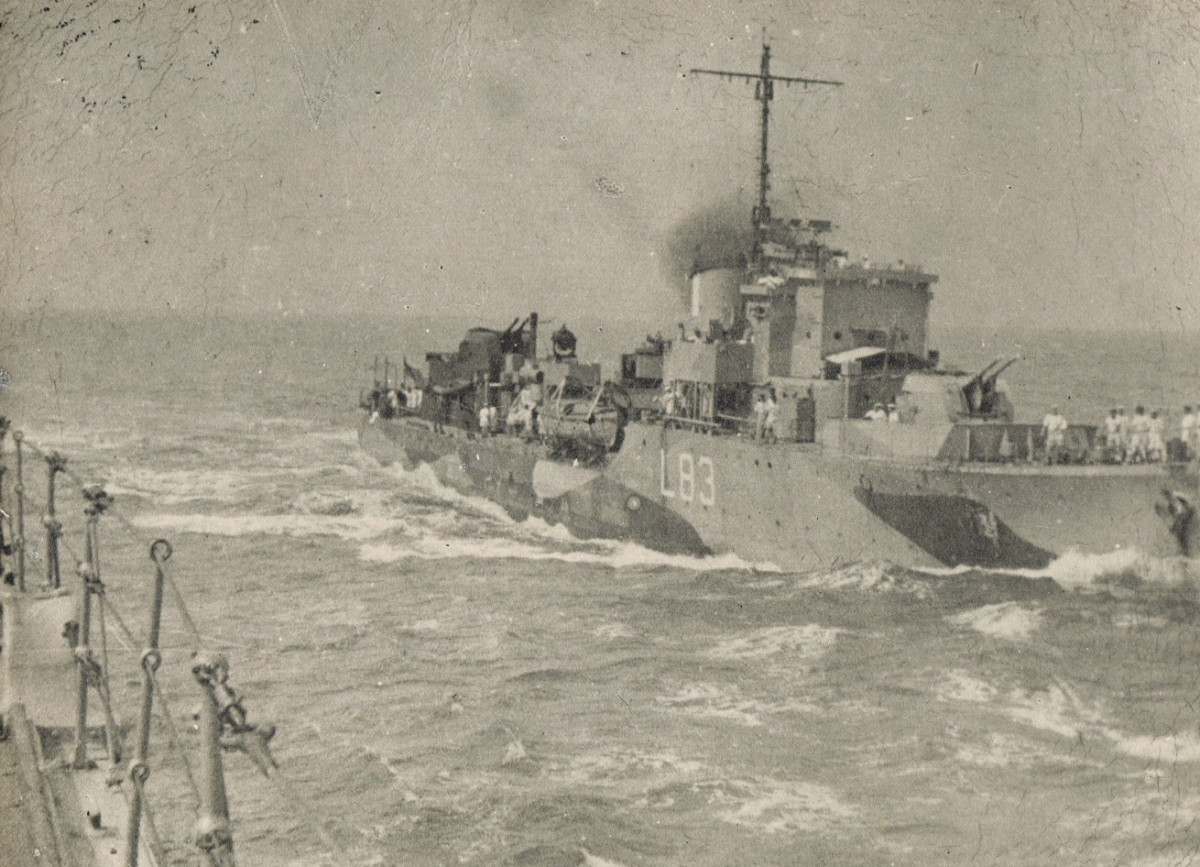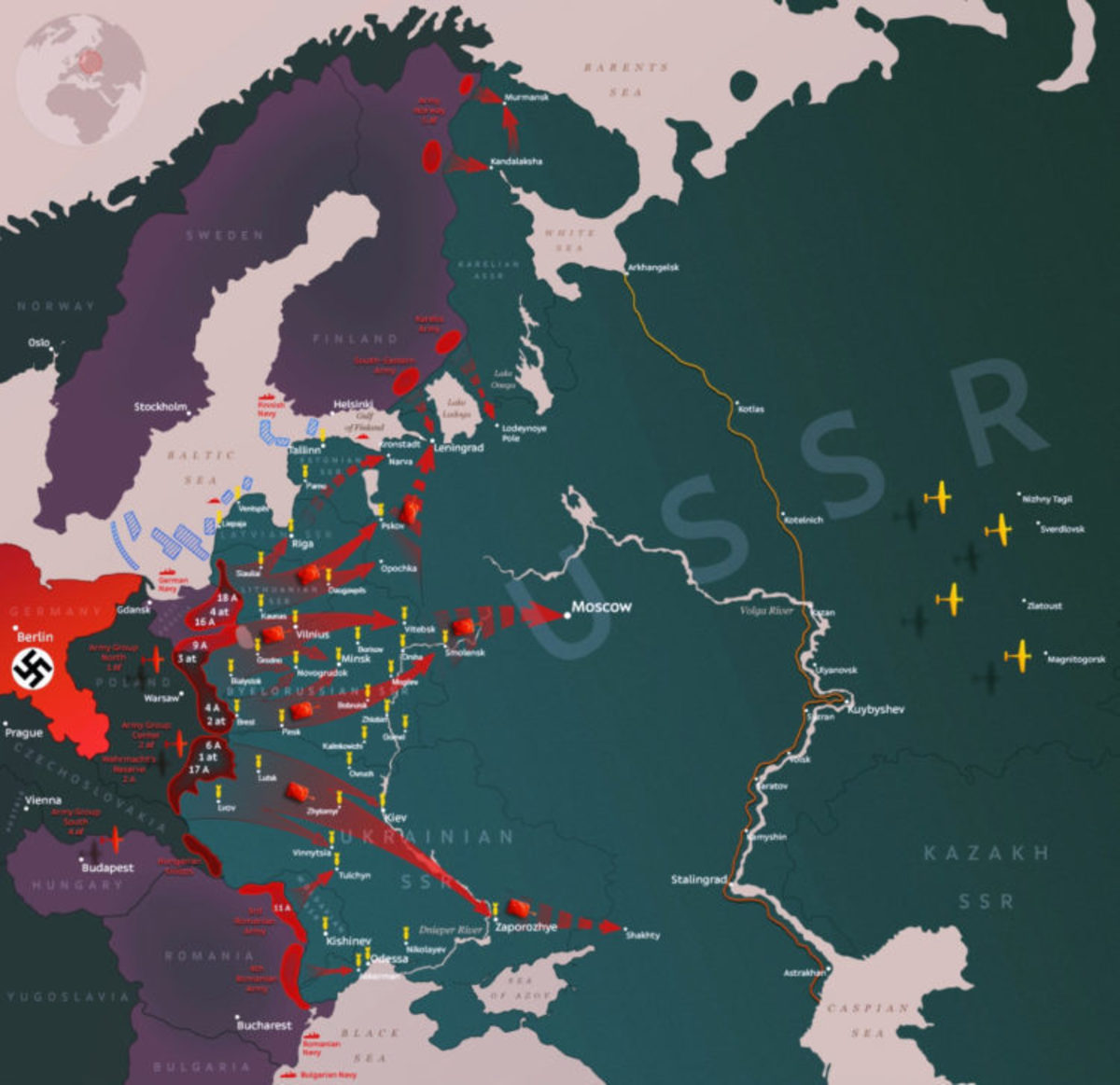- HubPages»
- Education and Science»
- History & Archaeology»
- Military History
War Stories

Interesting tales from the military I have heard
I hang with an older crowd. This isn't necessarily by choice, though I have enjoyed many a ride to the hospital enamored with my patient's storytelling abilities. Working as a paramedic and ER nurse, I tend to hang with an older crowd.
Time and situation permitting, I like to strike up a conversation with these people, and ask about their lives.
Where they lived?
Are they married?
How many children?
What did they do? I always look forward to this question, because it can provoke some very interesting conversation.
Frequently, I would hear stories from veterans and other people involved in the military regarding their experiences. These turned out to be some of the more interesting conversations I have ever had.
I'd like to share these stories with you.
Lt. Cmdr James L Chisholm
My grandfather
This is a very special entry for me, as it is regarding a story my grandfather recounted to me.
My grandfather was Lt. Cmdr. on the USS Antares.
He recounts a story about how they spotted a Japanese mini-sub in Pearl Harbor, reported its location. The mini-sub was sunk shortly afterwards by the destroyer USS Ward.
This would mark the first shorts fired by the US in the Pacific theater.
The sinking of the mini-sub occurred at about 0630, which was more than an hour before the actual attack on Pearl Harbor.
It was unclear why this report took so long to get up the chain of command, and December 7, 1941 remains a date well known to WW II veterans and historians.

The spec ops guy who worked for Office of Strategic Services
Technically, I met his wife, he having long since died. She recounted a story from her husband during World War II. He was part of the OSS, which later became the CIA.
She recalled a story about how her husband encountered some Germans on U.S. soil.
Apparently, the Germans landed, in full U.S. officer uniforms and attempted to infiltrate the U.S. They stole a car, and were driving along the highway when the driver lost control. He struck the underside of an overpass.
Emergency services convinced the Germans to go to the hospital, where they were outed as spies, captured, and later executed.
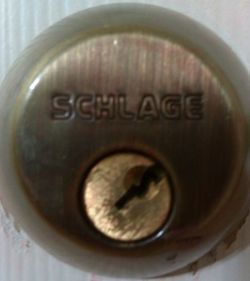
The spec ops guy who worked for Office of Strategic Services
Same wife, same spec ops guy.
Her husband was found to have a brain tumor. In the prime of his life, the surgery was expected to go well. However, something went wrong and he lost all short term memory. After years of caring for her husband, she decided that she needed assistance and placed him in a home. One of the instructions she left the caregivers was not to lock him in his room.
They either forgot, or thought they knew better and locked the spec ops trained man in his room. In the morning, he was gone. He had picked the lock, climbed a 6 foot fence, and fled.
He would break out a few more times over the course of his stay, once bringing other elderly and confused patients with him. They had a night on the town. They would go to dinner, see a show, etc.
A few times he was caught before escaping. His training kicked in and he would ask "Why am I being detained?" and would not cooperate with the caregivers.
He remained in prime physical condition until the day he died many years later. His wife reported that he would do sit-ups, pushups, and other body weight exercises daily. When other elderly people were slowing down and getting weaker, he was still in excellent shape, and could jump a fence at 70 years old "without creasing his pants" as she said.

The Chemist who helped develop the flamethrower
I met a chemist who helped develop the flamethrower used during World War II, specifically perfecting the mixture of chemicals/propellant. Burning someone to death is considered one of the most horrible ways to kill another human being. Captured flamethrower teams were frequently summarily executed.
Being the root of all the flamethrower teams from the US, this chemist is indirectly responsible for the deaths of many people by fire.
All things considered, this guy had a lot on his conscience.
How a sergeant survived D-Day
I met an elderly gentleman who was a sergeant during the storming of Normandy, D-Day. He told me about how he was to be deployed on the beach by a Higgins boat. The captain of the Higgins started flipping out after they started taking fire by the German emplacements, and dropped them early.
The man was about 5 foot 6, and said he weighed all of 150 lbs, carrying an extra 90 in his rucksack. Sank straight down 10 feet.
Most of the time, sinking to the bottom of 10 feet of water is a bad thing. This was an unlikely boon though, as the Germans could not see him underwater. He said he would walk along ocean floor, kick himself up for air, then sink and walk a ways. He repeated his all the way up the beach, where he could rejoin his unit.

The Army Air Corps Pilot
Whose job it was to draw fire.
I met an elderly gentleman, 90 years old, who served during 3 wars, World War II, Korea (technically a conflict), and Vietnam.
In World War II, his job was to draw fire from anti-aircraft guns, so that the bombers could make successful runs.
Everyone deployed during World War II should expect to take fire at some point, but these guys were flying around actively trying to draw fire.
They called it Flak Control, because if they listed "get shot at" as the description, no one would have signed up!
Met the man who printed the "Instrument of Surrender"
Ending World War II in the Pacific
I met the gentleman who, before he was in World War II, was a printer. He was in the army. He personally printed the treaties signed by both the Japanese and Americans, ending World War II.
This is a huge piece of history, and I was very honored to talk to him. The Instrument of Surrender was signed aboard the USS Missourri.
It marked the end of World War II, and was signed on September 2, 1945.
Pictured: Lt. General Sutherland on left and Japanese Foreign Minister Shigemitsu, signing
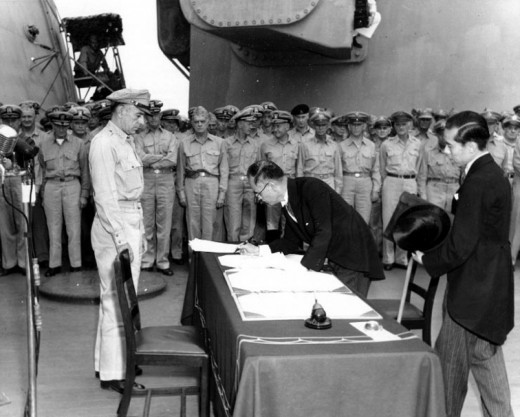
The Man Who Worked on the Enola Gay
About 10 years ago (around 2003), I met a man who went by the name "Mr. Cody." Mr. Cody was a mechanic during World War II. He was kind enough to sign a picture of himself next to one of the planes he worked on, the Enola Gay.
For those of you not up on military history, the Enola G ay is the B-29 that dropped Little Boy on Hiroshima, and also was spotting during the bombing of Nagasaki.
Mr. Cody was responsible for engine maintenance on engine 2 or 3 of the Enola Gay. I was able to meet Mr. Cody again and take a snapshot of the momento he keeps in his wallet. Below is a picture of him standing next to the Enola Gay.
This picture is of the Nagasaki bombing, from Wikipedia

Oscar Truman Gustus
I do not want anyone to think the other side of the family did not serve as well. My paternal grandfather had been training to be a pilot when the war broke out. He was quickly scooped up by the Army Air Corps because the Air Force did not exist yet.
During flight training, he had more flight time than the instructors!
Initially, the plan was for him to fly fighters. During one of the turns or banks, he lost consciousness. His blood couldn't reach his brain due to the G forces acting on him and his blood pressure being too low.
He ended up teaching instrument navigation on B24s at Embry Riddle Air Field, in Daytona, FL.
Years later...
We never did figure out why, but my grandfather retired from the Air Corps, then Air Force just short of 20 years.
Regardless, at some point, he needed proof of honorable discharge, and contacted the VA for said papers.
The VA informed my grandfather that he had never been discharged.
Not skipping a beat, he replied "I will take my back pay then."
They found his papers quite quickly after that.
The Lady who lived in Germany, during World War II
I met an elderly lady with a very recognizably German accent. I quickly checked her birth date. Encouraged by what I found I asked her where she was born.
She confirmed my suspicions that she had grown up in Germany. She had been in her early teens during World War II.
Mindful that it might be a sore subject, I asked her if she would be willing to talk about her experiences. She agreed, and we talked the rest of the way to her home.
She had lived near a concentration camp, although she did not know the extent of what was going on there. She knew "undesirables" were there, but not much else. She did not know of the forced labor, gas chambers, and furnaces.
She said that later, her parents would admit that they were sheltering her of the harsh realities going on not far from her childhood home.
UH-1D Chopper Vietnam

The Vietnam Vet
I met a Vietnam Veteran who talked of some of the atrocities committed by both sides of that war, too graphic to mention here, but another story he told is appropriate enough.
He was a helicopter gunner and pilot. The maintenance of the helicopter was generally performed by 2 men. He said the second man was a fairly short, but built black man who wasn't quite right.
The first time he met this man, he was threatened. "You handle the helicopter maintenance, I will handle the guns. If goes wrong on this chopper and I find out it is your fault, I will kill you," He said.
My patient was unsure how to respond, but didn't want to appear weak. He knew very little about the side guns, except for one tidbit. "If I find out you put the firing pin in backwards and these guns won't fire, I will kill you!"
The black men replied "Fair enough."
They had an uneasy, but working relationship after that.
One night, my patient had gone to a bar. He was the sole white man there. The rest of the bar was giving him a hard time, except for his gunner. A particularly large man was quite belligerent, calling names and whatnot. My patient expected a fight, and felt he would be killed in hand combat with the larger man. He had his hand on his knife, ready.
My patient's gunner said "He's with me."
The large man eyes went wide, and sweat dripped down his face. He backed down, completely cowed by this smaller man's statement.

